Keynote Speakers
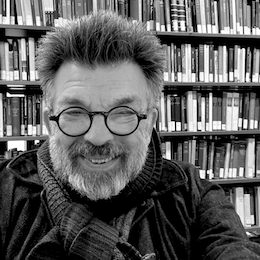
Professor Andrew Benjamin
Andrew Benjamin is currently an Honorary Professor in the School of Communication and Cultural Studies in the Faculty of Arts at the University of Melbourne. He has held posts in the Australian universities.
Andrew started his career at the University of Warwick rising to the position of Professor of Philosophy, and until 2022 taught for one semester each year at Kingston University in London where he was associated with the Centre for Research in Modern European Philosophy.
He holds degrees from the Australian National University, the University of Paris, and the University of Warwick. While working predominately in philosophy throughout his career, he has published extensively on architecture and taught in a range of schools including the Architectural Association in London, the Graduate School of Architecture, Planning and Preservation at Columbia University in New York, the University of Sydney and the University of Technology Sydney.
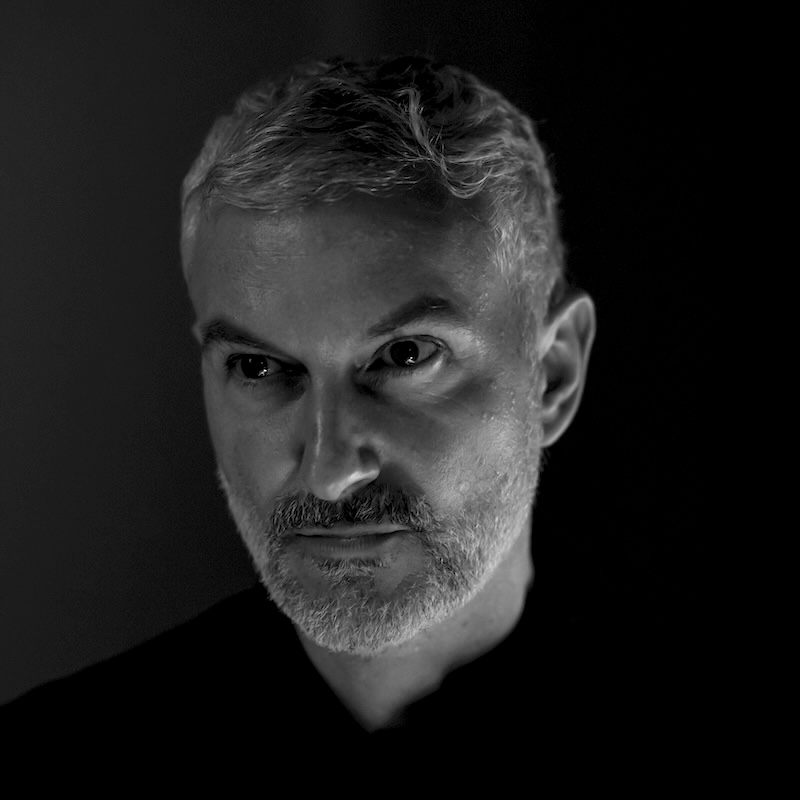
Professor Andreas Philippopoulos-Mihalopoulos
Andreas Philippopoulos-Mihalopoulos is an artist, academic and fiction author.
His practice includes performance / legal theory / ecological pedagogy / lawscaping / performance lecture / video art / spatial justice / moving-poems / critical autopoiesis / online performance / radical ontologies / installation art / picpoetry / performance machines / fiction writing / sculpture / wavewriting / clay making / hydrotheory / painting / continental philosophy / posthumanism / anthropocenes.
He is Professor of Law & Theory at the University of Westminster, and Director of The Westminster Law & Theory Lab. His academic books include the monographs Absent Environments (2007), Niklas Luhmann: Law, Justice, Society (2009), and Spatial Justice: Body Lawscape Atmosphere (2014). His fiction includes Book of Water (in Greek by Thines 2017, and English by Eris 2022) and the novel Our Distance Became Water (Eris, 2023). His art practice has been shown at Palais de Tokyo, the 58th Venice Art Biennale 2019, the 16th Venice Architecture Biennale 2016, the Tate Modern, Inhotim Instituto de Arte Contemporânea Brazil, Arebyte Gallery, Ca’ Pisani Venice and Danielle Arnaud Gallery.
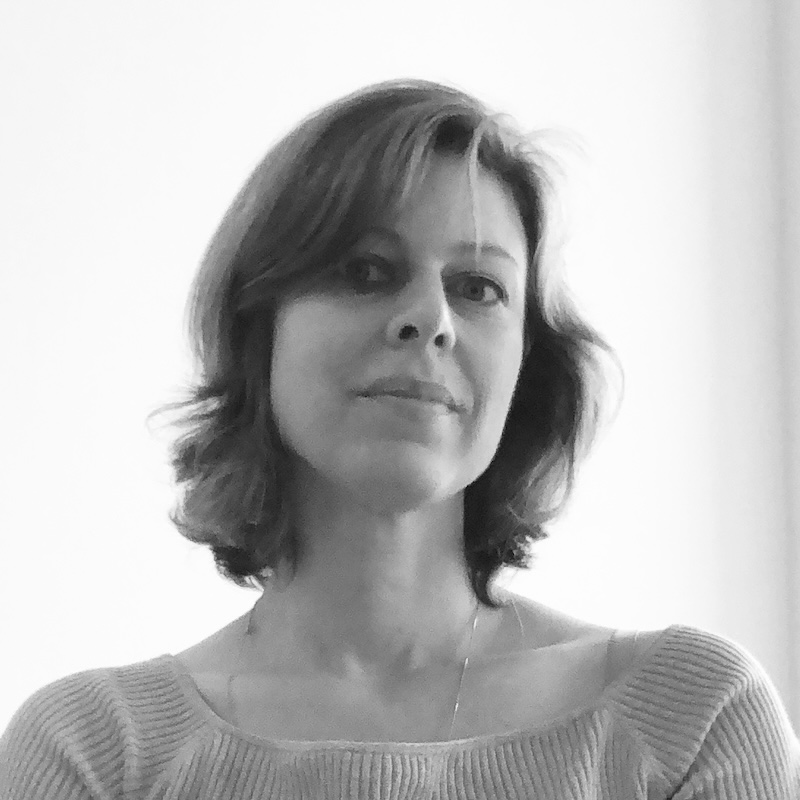
Professor Meredith TenHoor
Meredith TenHoor is an architectural and urban historian, and Professor in the School of Architecture at Pratt Institute.
She is also editor, a founding board member, and former chair of the Aggregate Architectural History Collaborative, a group devoted to publishing and advancing collaboratively produced scholarship in architectural theory and history. Her research examines how architecture, urbanism and landscape design participate in the distribution of resources, and how these design practices have produced understandings of the limits and capacities of bodies.
She has written extensively about the relationships between food and agriculture and architectural, cultural and territorial change in twentieth-century France. Other key topics are histories of justice, exclusion and displacement in architecture and urban planning; architectures of consumption and biopolitics; and the intellectual history of francophone and anglophone critical theory.
Her publications include Toxics (2022), Black Lives Matter (2015), Street Value: Shopping, Planning and Politics at Fulton Mall (2010), and a forthcoming book about the design history and political economies of French food systems. Her newer projects address the bodily and environmental impacts of building materials, the architectural imaginaries of environmental futures, and the career of the French architect Nicole Sonolet, who designed housing, hospitals, and villages focused around the provision of care.
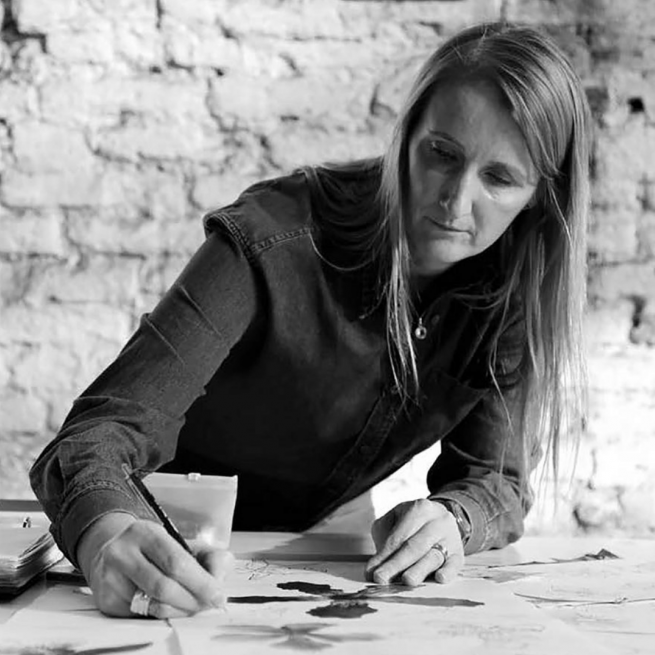
Professor Lucy Orta
Lucy Orta‘s visual arts practice investigates the interrelations between the individual body and community structures, exploring their diverse identities and means of cohabitation.
She uses the mediums of drawing, textile sculpting, photography, film and performance to realise singular bodies of work, these include: ‘Refuge Wear‘ and ‘Body Architecture‘, portable and autonomous habitats that reflect on issues of mobility and human survival; ‘Nexus Architecture‘, clothing and accessories that shape modular and collective bodies through the metaphor of the social link; and ‘Life Guards‘ and ‘Genius Loci‘, wearable structures that portray both human vulnerability and resilience.
Her process of representing community voices incorporates co-creation and inclusive methods and she has collaborated with a wide range of people, often those on the margins of exclusion such as prison residents, asylum seekers, homeless and care hostel residents, to empower participants through shared creative practice. She has been a Professor at London College of Fashion since 2002 and is currently the Chair of Art and the Environment at the University of the Arts London, where she founded the Art for the Environment Artist in Residency Program.
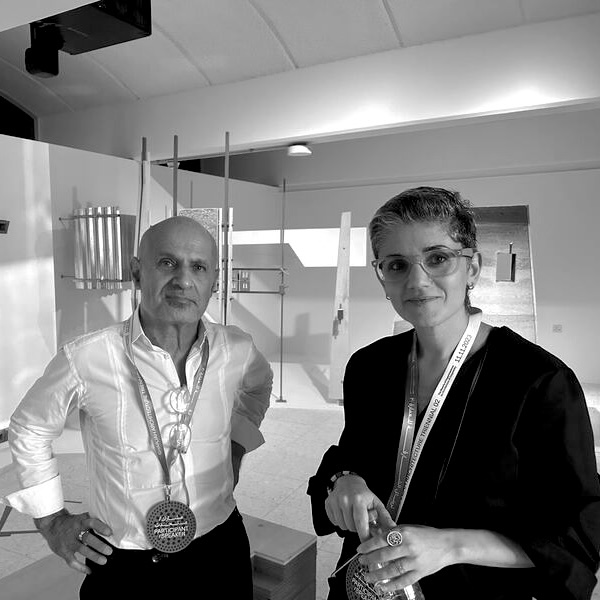
Dr Yara Sharif and Dr Nasser Golzari
Yara Sharif and Nasser Golzari are partners in GOLZARI (NG) Architects, an award-winning London-based practice.
Yara Sharif is a practicing architect and academic interested in design as a tool to rethink contested landscape, with a new take on architectural practice. She sheds a light on ‘forgotten’ communities, while also interrogating the relationship between politics and architecture.
Sharif’s professional and academic endeavours span her practice at NG Architects in London and her role as a design studio leader at the University of Westminster. She is also a co-founder of the Palestine Regeneration Team (PART), a design-led research collective. Her PhD, book Architecture of Resistance, and collaborative research with the Palestine Regeneration Team (PART) on re-imagining spatial possibilities in Palestine have received significant recognition, including the RIBA President’s Award for Research in 2013 and 2016, as well as the Holcim Award for Sustainable Construction for the MENA Region.
Nasser Golzari is an architect and academic dedicated to social architecture and the creation of inclusive cities that advance socio-environmental ecologies within post-colonial contexts. As the founder of GOLZARI (NG) Architects in London and co-founder of the Palestine Regeneration Team (PART), Golzari is deeply committed to rethinking scarred and contested landscapes through both speculative and live projects, in line with his passion for socially responsive architecture.
His research in cultural identity, social architecture, and European Modernism has led him to edit A3 Times magazine and curate exhibitions, symposiums, and lectures across the UK and Europe. Golzari has published extensively on participatory design and learning from the Global South. His work has received numerous awards including the RIBA President’s Award for Research and the Holcim Award for Sustainable Construction. Recently, he co-founded Architects for Gaza and Gaza Global University to support displaced students and assist in the self-help reconstruction of homes.
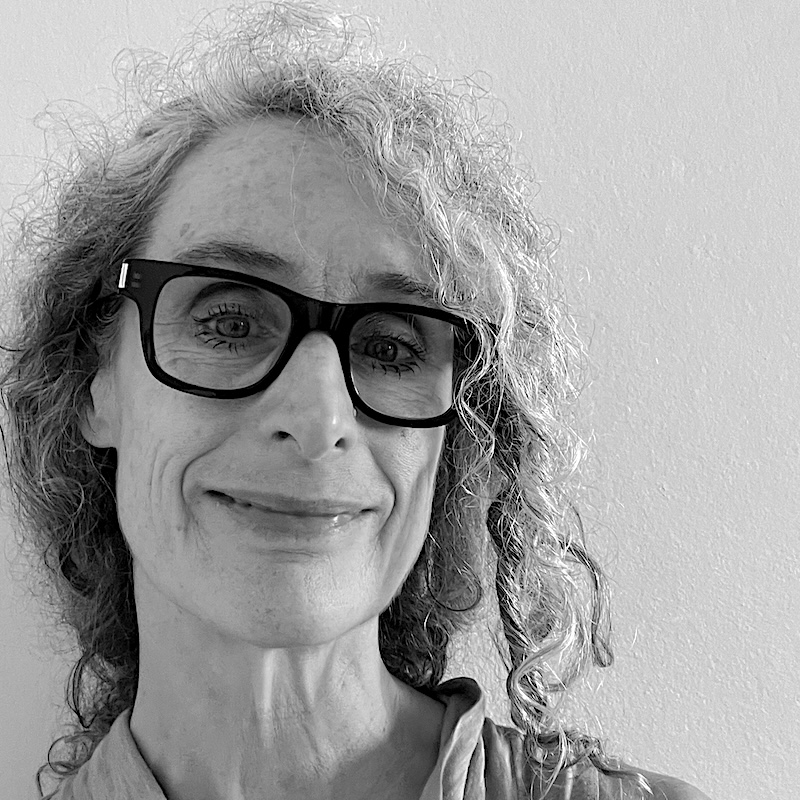
Professor Susan Kozel
Susan Kozel is a Professor of Philosophy, Dance and Media Technologies at Malmö University’s School of Art and Culture in Sweden.
With an international profile as a contemporary phenomenologist, she applies philosophical thought to embodied practices in digital cultures. Her research takes the form of both scholarly writing and collaborative performance practices.
Her scholarly contributions span theory and practice. Her book Closer: Performance, Technologies, Phenomenology (MIT Press 2007) exists alongside numerous articles, book chapters, and artistic productions, such as The Bronze Key with artists Gibson / Martelli, and the Mixed Reality choreographic installation CATALYSTS – Somatic Resonance (2022-present) with Margrét Sara Guðjónsdóttir, Jeannette Ginslov, and Keith Lim (www.somaticarchiving.org).
She has taught at various design, dance, and media departments in the UK, Canada, and Sweden. She was on the Quality Advisory Board of the Swedish Artistic Research School, and directed the Living Archives Research Project, an extended exploration of archiving practices funded by the Swedish Research Council. She works with the Cullberg Ballet in Stockholm to explore practical methods for transmitting the bodily knowledge of dancers and is coordinating the establishment of an artistic research programme at Malmö University.
Her current books in process are Phenomenologies of Affect, in which phenomenology is reconfigured so that it can attend to the somatic impact of technological systems, and Augmenting Archives addressing the use of immersive media technologies for performing memory.